Inflation is often described as a “silent thief” because it gradually diminishes the value of money without an immediate, noticeable impact. Although it’s a common economic phenomenon, inflation’s complexities and far-reaching effects are often underestimated. Understanding how inflation quietly erodes wealth reveals a landscape where prices rise, purchasing power shrinks, and the future becomes uncertain.
Here are 19 surprising truths about how inflation impacts wealth, often in ways that go unnoticed.
The Core Effect
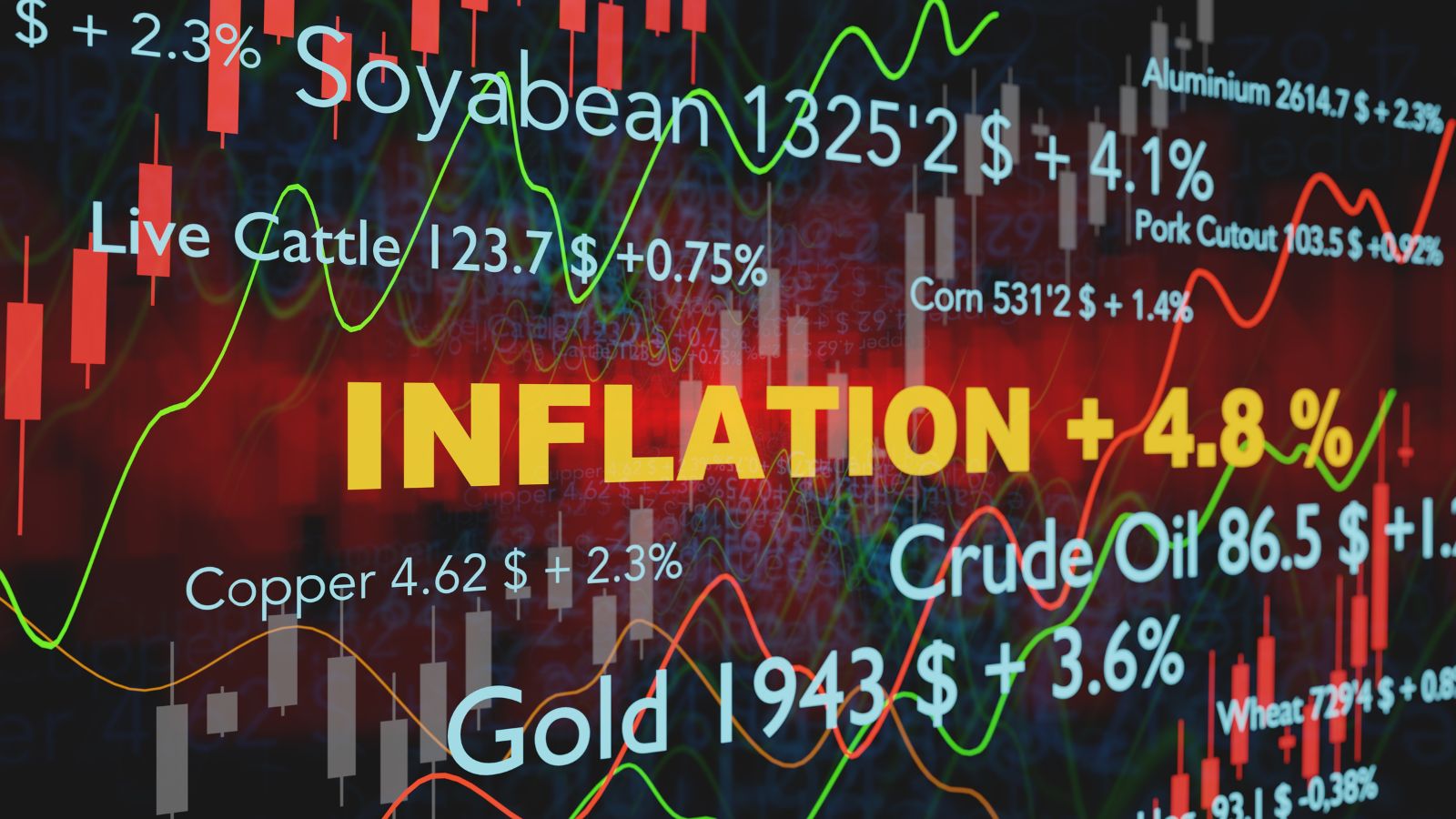
At its basic level, inflation means higher prices for goods and services. As the cost of everyday items like groceries, fuel, and utilities increases, the value of each dollar diminishes. Essentially, your money doesn’t go as far as it used to. Even modest inflation rates can significantly impact long-term financial plans, making it more challenging to afford the same lifestyle.
The Hidden Tax on Savings
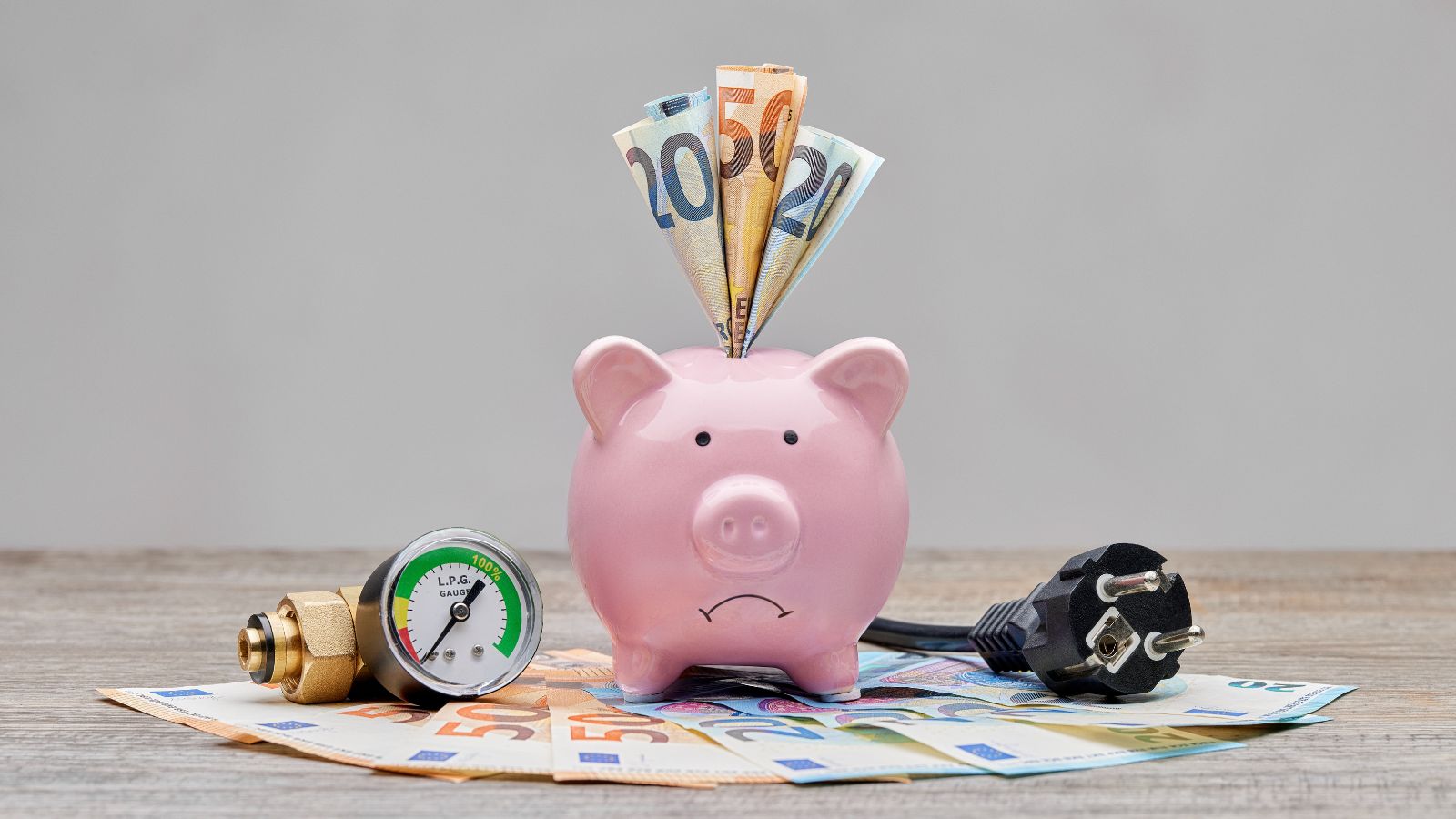
Inflation acts as a hidden tax on savings, as the interest earned in savings accounts often fails to keep pace with inflation. When the annual inflation rate outstrips the interest rate on a savings account, the real value of the money decreases. Over time, this silent erosion can substantially reduce the purchasing power of cash savings, making it more challenging to achieve financial goals like buying a house or funding education.
Debt Relief for Borrowers

Surprisingly, inflation can be beneficial for those in debt. When inflation increases, the real value of debt decreases because of borrowed debt at a fixed rate. For example, if you took out a loan with a fixed interest rate, inflation reduces the “real” burden of repaying that loan. Essentially, you’re paying back your debt with “cheaper” dollars.
A Retiree’s Dilemma

Individuals on fixed incomes, such as retirees who rely on pensions or fixed annuities, are among the hardest hit by inflation. Since their income doesn’t automatically adjust to the rising cost of living, their purchasing power declines. This can lead to a reduced standard of living, forcing them to cut back on essential expenses.
Not All Gains Are Equal

Inflation can drive stock prices higher, but these increases don’t always reflect real gains in value. When inflation rises, nominal stock prices may increase due to higher revenue figures driven by higher prices rather than actual growth in sales volume or profits. Investors must be cautious about assuming that rising stock prices equate to increased wealth.
Real Estate as an Inflation Hedge

One of the few assets that generally appreciate inflation is real estate. Property values and rental income tend to rise with inflation, making real estate an effective hedge. This is why many investors turn to real estate during inflationary periods to preserve the real value of their wealth.
The Paycheck Problem

Although wages can rise with inflation, they often lag behind the pace at which prices increase. This lag means that even if your paycheck is technically growing, it may not be enough to keep up with the higher cost of living, leading to a decrease in your standard of living despite earning more money.
The Long-Term Effect

Inflation poses a significant threat to financial security for individuals saving for retirement. Over time, inflation can erode the purchasing power of retirement savings, making it more challenging to maintain a desired lifestyle. Without investments that outpace inflation, retirees may find themselves running out of money sooner than anticipated.
Misleading Metrics

Inflation can distort economic metrics, making it challenging to assess economic health accurately. Nominal GDP growth might appear robust, but when adjusted for inflation, it may reveal stagnation or even decline. Understanding these nuances is crucial for making informed economic decisions.
Impact on Bonds

Bonds are traditionally considered safe investments, but inflation can be detrimental to fixed-income securities. The fixed interest payments lose value over time. And unless the bond yields exceed the inflation rate, investors experience a net loss in purchasing power. Inflation-linked bonds, which adjust payouts based on inflation, can be a better choice during inflationary periods.
Currency Depreciation
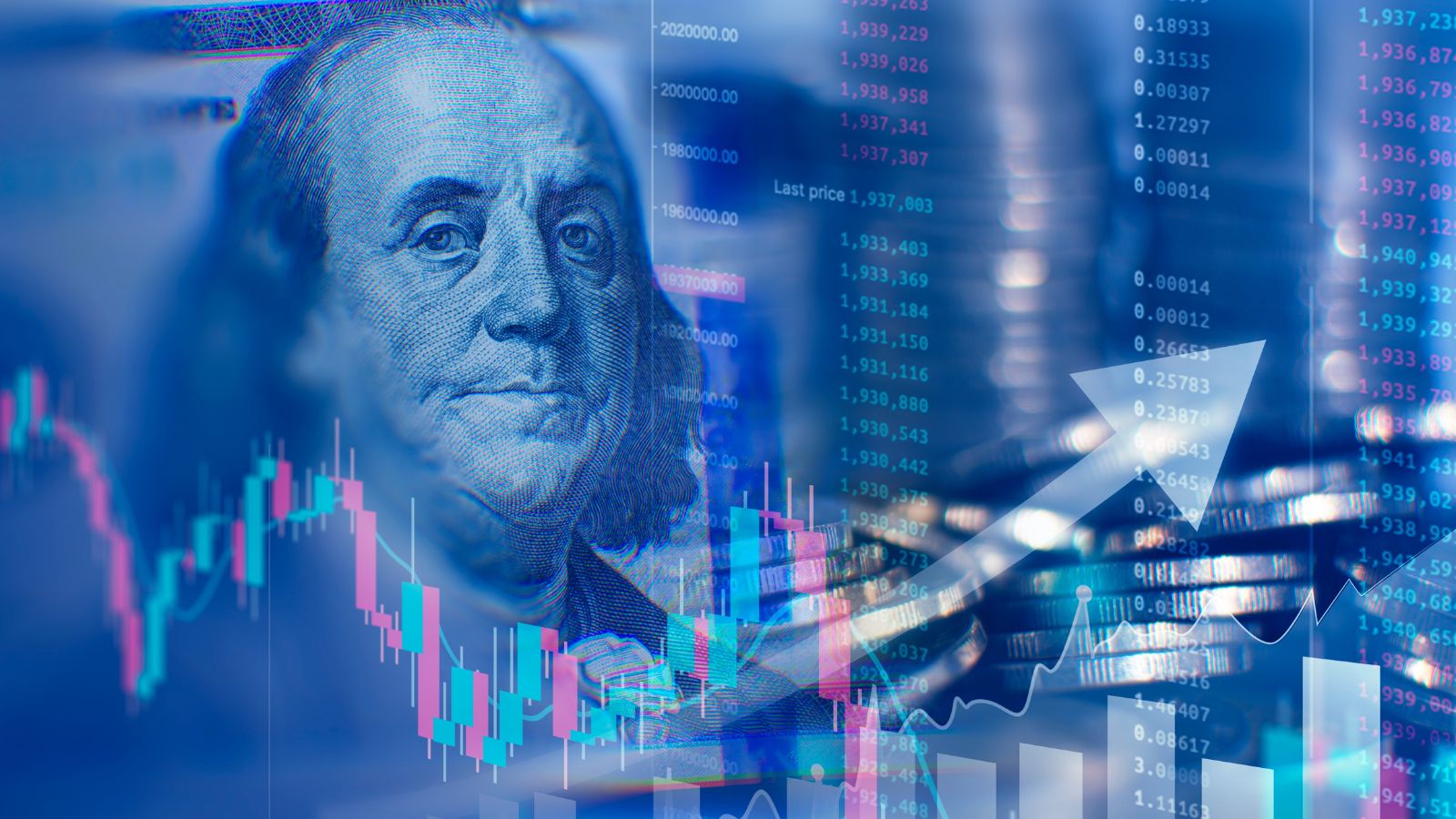
Inflation affects domestic purchasing power and erodes a currency’s value relative to others. When a country experiences higher inflation than its trading partners, its currency depreciates, making imports more expensive. This can exacerbate inflationary pressures and create a feedback loop of rising prices.
Change in Spending Patterns

High inflation can alter consumer behavior, shifting spending priorities from non-essential to essential goods. As people focus more on necessities like food, utilities, and fuel, discretionary spending on entertainment, travel, and luxury items decreases. This change can have a ripple effect across industries.
Impact on Business Profits

Businesses may face a dilemma during inflationary periods. While they can raise prices to pass higher costs onto consumers, this is not always enough to preserve profit margins if their input costs, such as raw materials and labor, are also rising. This can lead to compressed margins, affecting overall profitability.
The Search for Inflation-Proof Assets

As inflation rises, investors may seek to rebalance their portfolios toward assets expected to perform well under inflationary conditions. Commodities, precious metals, and real estate are often considered inflation-proof assets that can help protect wealth against erosion.
Inflation Expectations Affect Economic Behavior
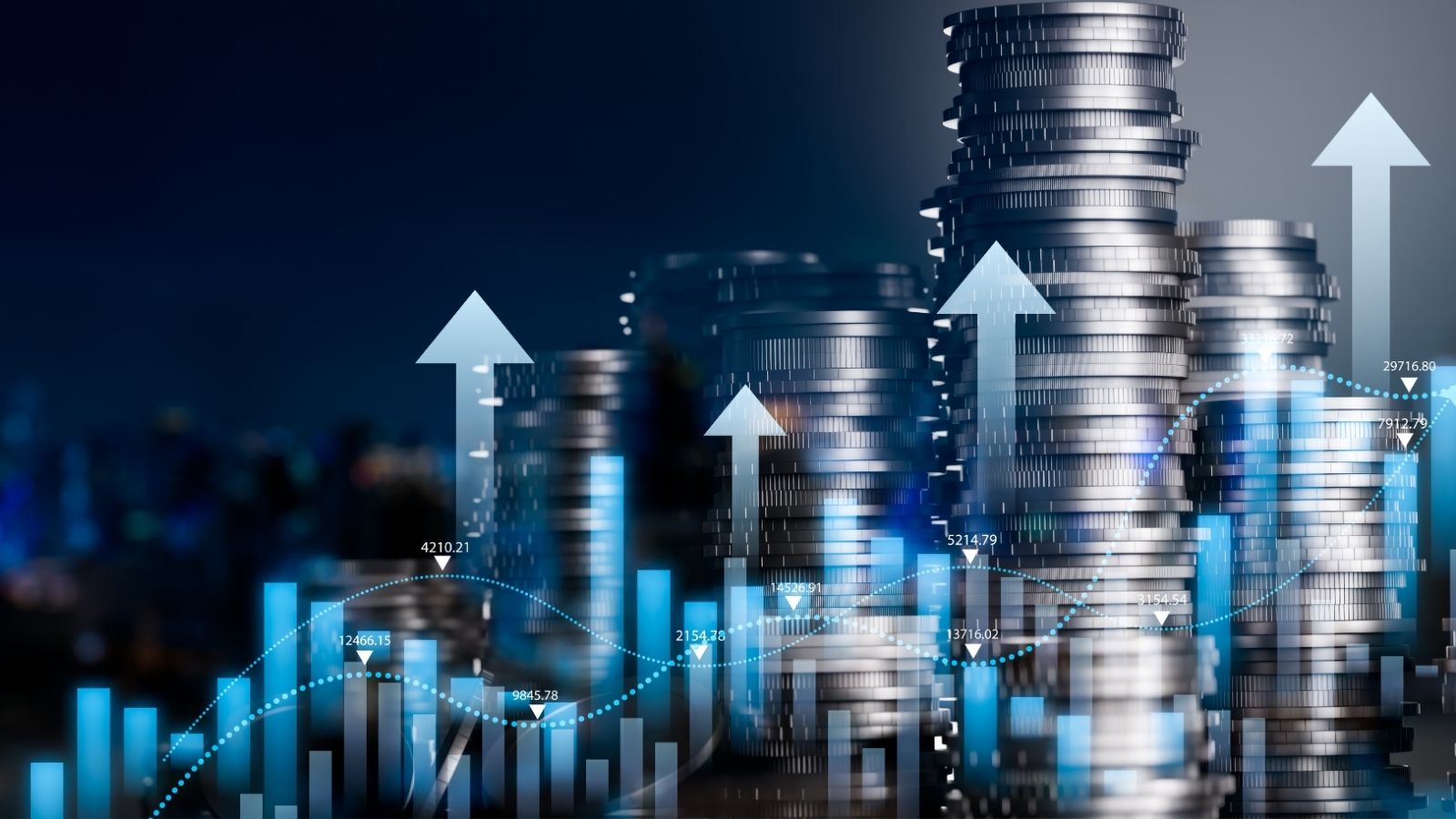
When consumers and businesses expect future inflation, they may change their behavior to account for rising prices. For instance, consumers may accelerate purchases to avoid future price hikes, increasing current demand. This shift can, in turn, fuel higher inflation, creating a self-reinforcing cycle.
Stagflation
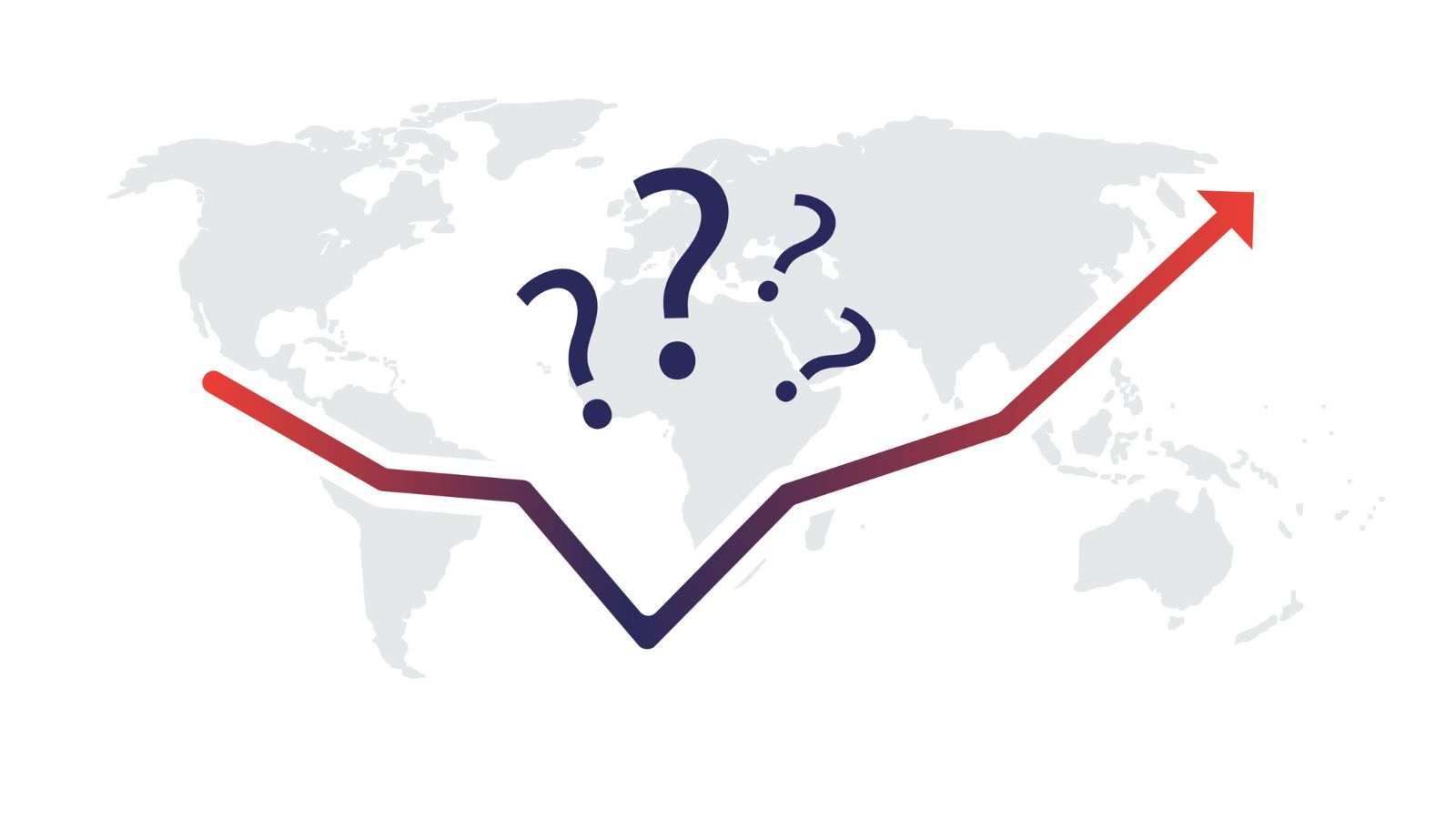
One of the worst economic scenarios is stagflation, where inflation is high, but economic growth is stagnant or declining. This combination poses a significant challenge for policymakers, as traditional tools to combat inflation (like raising interest rates) can further stifle economic growth.
Monetary Policy and Interest Rates

Central banks often raise interest rates to curb inflation, making borrowing more expensive. While this can help slow inflation by reducing demand, it also increases the cost of loans for individuals and businesses, potentially leading to slower economic growth.
Inflation’s Double-Edged Sword
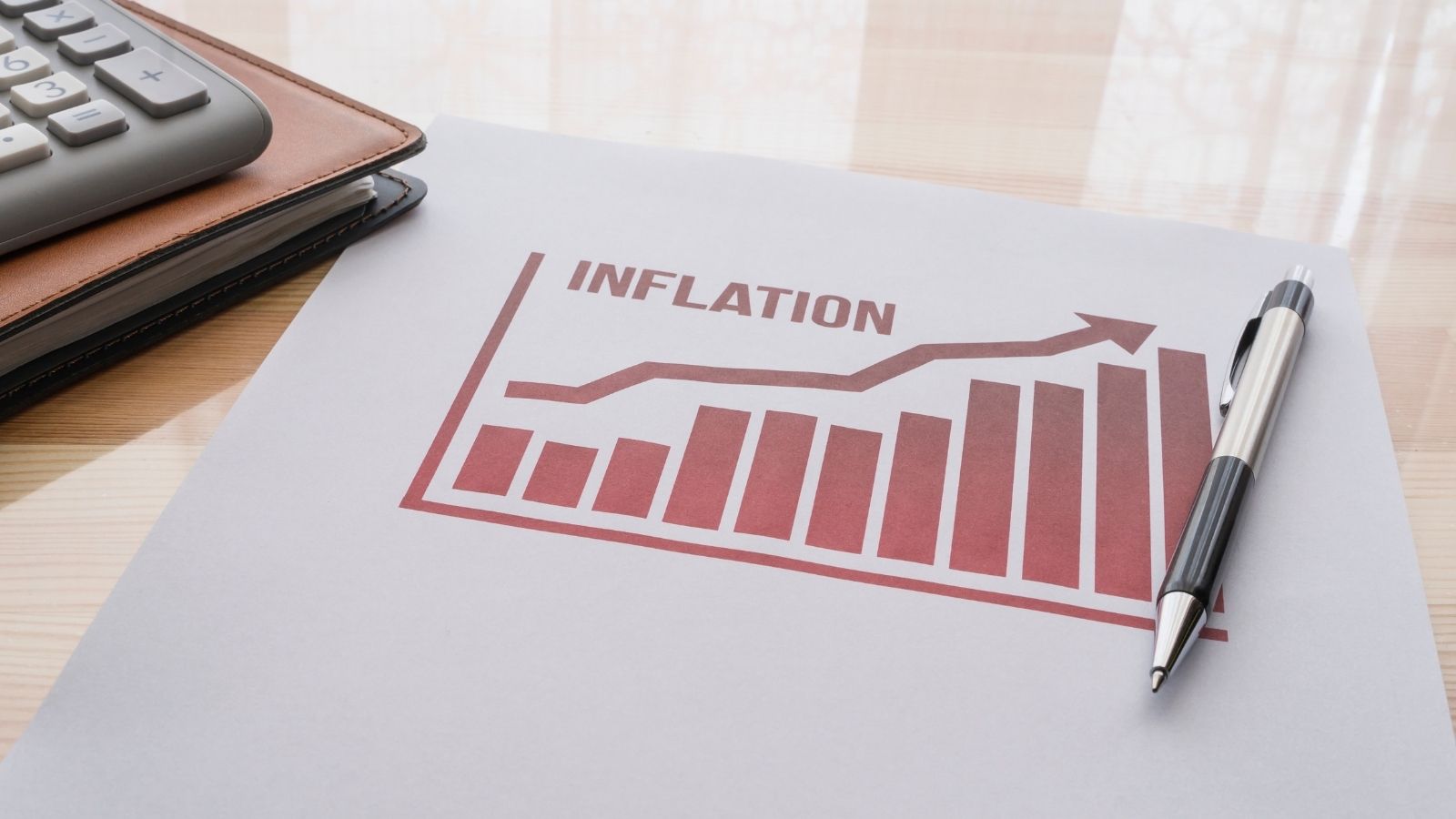
Inflation can ease the burden of government debt by reducing its real value. However, if inflation gets out of control, interest payments on inflation-indexed debt can rise substantially, leading to fiscal challenges. Governments must carefully balance inflation management with debt sustainability.
Confidence Erodes Alongside Wealth

Persistent inflation can lead to a loss of consumer and investor confidence. When people see their purchasing power decline and future financial stability threatened, it can lead to a reduction in spending and investment, potentially slowing down economic activity and exacerbating inflation’s negative effects.
Conclusion

Inflation is more than just a price surge; it affects every aspect of the economy and personal finance. Its impact on wealth is complex and multifaceted, eroding savings, altering spending behavior, and influencing investment strategies. While some assets may protect against inflation, understanding its subtle yet powerful effects is crucial for individuals and policymakers alike to navigate these challenging times and preserve wealth for the future.
18 Reasons Why People Are Leaving Florida in Masses

Exploring factors that impact the desirability of living in Florida, this list delves into various challenges shaping residents’ experiences. From environmental concerns like rising sea levels to economic factors such as fluctuating job markets, these issues collectively contribute to a nuanced understanding of the state’s appeal.
18 Reasons Why People Are Leaving Florida in Masses
